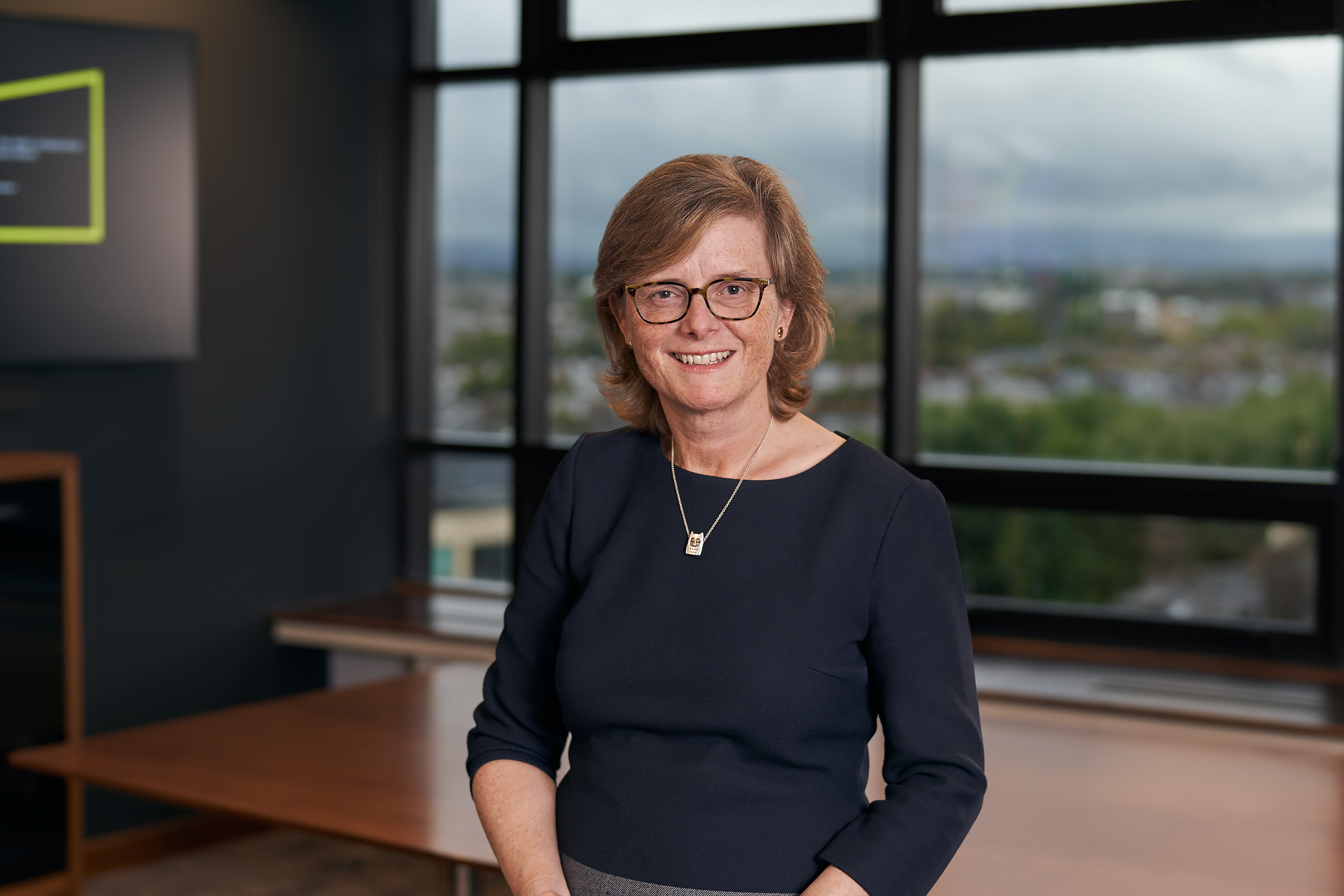EY refers to the global organization, and may refer to one or more, of the member firms of Ernst & Young Global Limited, each of which is a separate legal entity. Ernst & Young Global Limited, a UK company limited by guarantee, does not provide services to clients.

While CFOs are well positioned to be the stewards of long-term value, there are five key foundations they need to first lay down.
In brief
- 69% of survey respondents see CFOs and senior finance leaders as stewards of long-term value.
- 30% of respondents said their finance functions had end-to-end, significant involvement in the collection, analysis, assurance and reporting of ESG information.
- 91% of respondents saying that nonfinancial performance played a pivotal role in investment decision-making.
The shift towards long-term value has gathered significant momentum in recent years, with many CFOs embracing their role in measuring and reporting on value delivered to a broader suite of stakeholders.
The 2020 EY Global Financial Accounting Advisory Services Corporate Reporting Survey found 69% of respondents believe CFOs and senior finance leaders are seen as the stewards of long-term value. However, further findings indicate a disconnect between the expectation of the finance function to deliver on this area, with significant levels of ambiguity existing about the precise role of finance in this domain.
As with any reporting, building trust and confidence in the numbers is the foundation. This means having the right people and creating systems, controls and standards as rigorous as those relating to financial reporting. With their expertise in establishing processes, controls and assurance, CFOs and their finance teams are well positioned to be the bastions of long-term value within the organisation.
If your organisation is starting out in non-financial reporting, here are five steps to set you up for success.
1. Establish your strategy
Like any other initiative, it’s important to start by putting a strategy in place. While the area might still be emerging and you are likely learning as you go, following a sustainability or ESG strategy provides the framework that will allow you to continuously improve over time. Naturally, your strategy will evolve as it matures; however, it should be closely aligned to the overall business strategy of the organisation and its purpose and values.
2. Identify and agree on your reporting framework(s)
There are myriad frameworks, standards and guidelines in existence, which may vary across sectors and geographies. Some, like the Sustainable Development Goals (SDGs) are not industry-specific, while others are topic specific, like the Task Force on Climate-related Financial Disclosures (TCFD) for example, which is specific to climate change. The approach you choose will depend on the nature of your organisation, the industry that you operate in and your reporting requirements. This phase will involve research and benchmarking analysis, and may be when you consider engaging a consultant with specialist knowledge.
3. Ensure you have the skills and technology to collect and report data
The accuracy and credibility of your reporting relies upon the accuracy of your data. This will involve a combination of ensuring you have people with the right skills and the necessary technology to accurately capture, collect and report the data needed for the task at hand.
4. Establish structures and controls to ensure transparency
The 2020 EY Climate Change and Sustainability Services Institutional Investor survey showed with increasing importance of ESG-related disclosures to investors, with 91% of respondents saying that nonfinancial performance played a pivotal role in investment decision-making. This, among other reasons, makes the transparency of your reporting critical. Consistent policies and sufficient controls and structures are essential, and the same level of rigour must be applied when reporting non-financial metrics as financial.
5. Start small, but start nonetheless
Driven by global trends in sustainability and activism, ESG is rising up both the board and government agendas. We can say that without much doubt, ESG reporting will become a requirement in the not-too-distant future. The worst thing an organisation can do is to stand still. Start, no matter how small, and get your strategy in place and identify your frameworks. From there, progress can be made.
We’ll be discussing the role of the CFO in delivering long-term, sustainable value at our CFO Forum on 25 March where we’ll be joined by a stellar panel of speakers. Click here to find out more.
Summary
Non-financial reporting will continue to grow in importance. Getting it off the ground now will put CFOs in good stead for the future.



